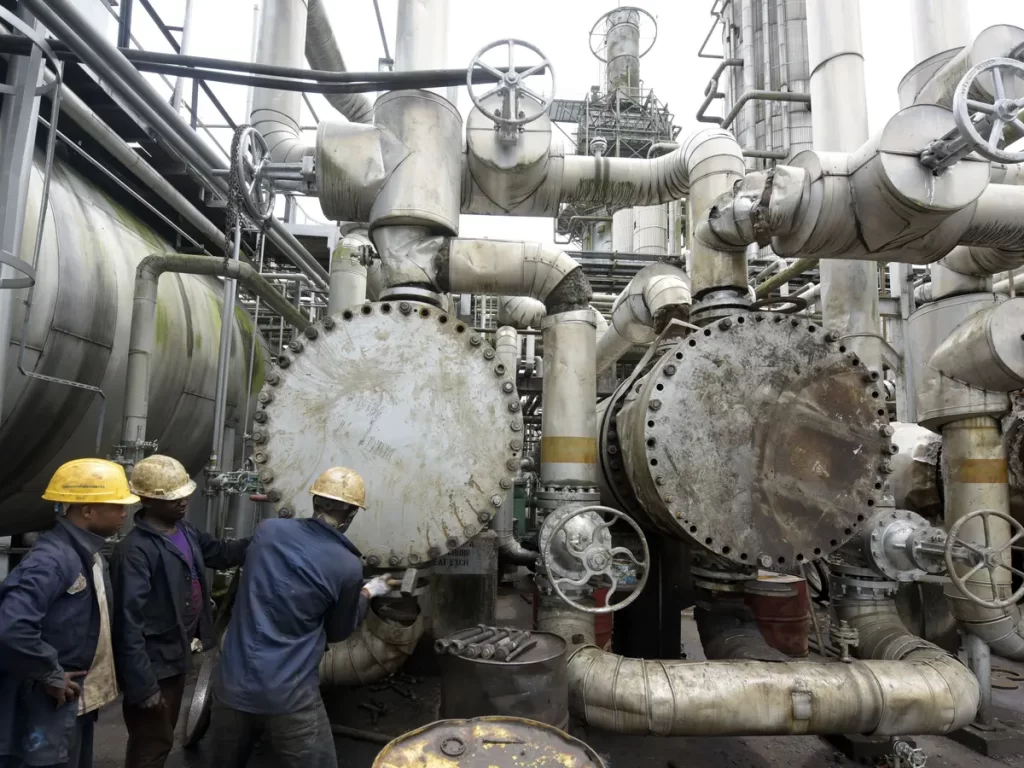In recent times, Nigeria’s petroleum sector has witnessed significant changes and advancements driven by the leadership of Heineken Lokpobiri, the Minister of State for Petroleum Resources (Oil). With a mandate to revitalize the sector, Lokpobiri’s projects are poised to enhance Nigeria’s position as a key player in the global oil market.
One of Lokpobiri’s primary objectives is to increase domestic oil production. Aiming to surpass the production target of 2 million barrels per day, he has prioritized the expansion of the country’s refining capacity. The Minister has championed the rehabilitation of existing refineries and the establishment of modular refineries across various states. This move is intended not only to reduce dependence on imported refined petroleum products but also to create jobs and stimulate local economies.
Amidst the surge chaos, Lokpobiri is committed to enhancing the transparency and efficiency of oil revenue management. In alignment with global best practices, he has advocated for the adoption of technology in the procurement process, ensuring accountability and reducing the chances of corruption. This approach is particularly crucial in a sector that has historically faced scrutiny over mismanagement and lack of transparency.
Recognizing the challenges posed by climate change, Heineken Lokpobiri has also emphasized sustainability in his agenda. By promoting investments in renewable energy alongside traditional oil and gas projects, he aims to ensure a balanced energy transition.
In a recent high-level meeting with top executives from Dangote Group, the Nigerian Midstream and Downstream Petroleum Regulatory Authority (NMDPRA), the Nigerian Upstream Petroleum Regulatory Commission (NUPRC), and the Nigerian National Petroleum Company Limited (NNPC Ltd) was focused on finding a sustainable and lasting solution to the current impasse affecting the Dangote refinery, with all parties demonstrating a commitment to collaborative and proactive problem-solving. The Minister is actively engaging with international stakeholders to bring in foreign investments that can boost Nigeria’s oil industry while addressing environmental concerns.
Understanding the importance of community engagement, the Minister has initiated programs aimed at fostering collaboration with local communities in oil-producing regions. By ensuring that communities benefit from oil revenues through development projects and social investment, Lokpobiri hopes to mitigate conflicts and promote peace in these areas. By focusing on these developments, stakeholders can better understand the dynamic changes occurring in Nigeria’s petroleum landscape under Minister Lokpobiri’s leadership.
As Lokpobiri continues to implement these strategies, the future of Nigeria’s oil industry looks promising, poised for both growth and transformation.

